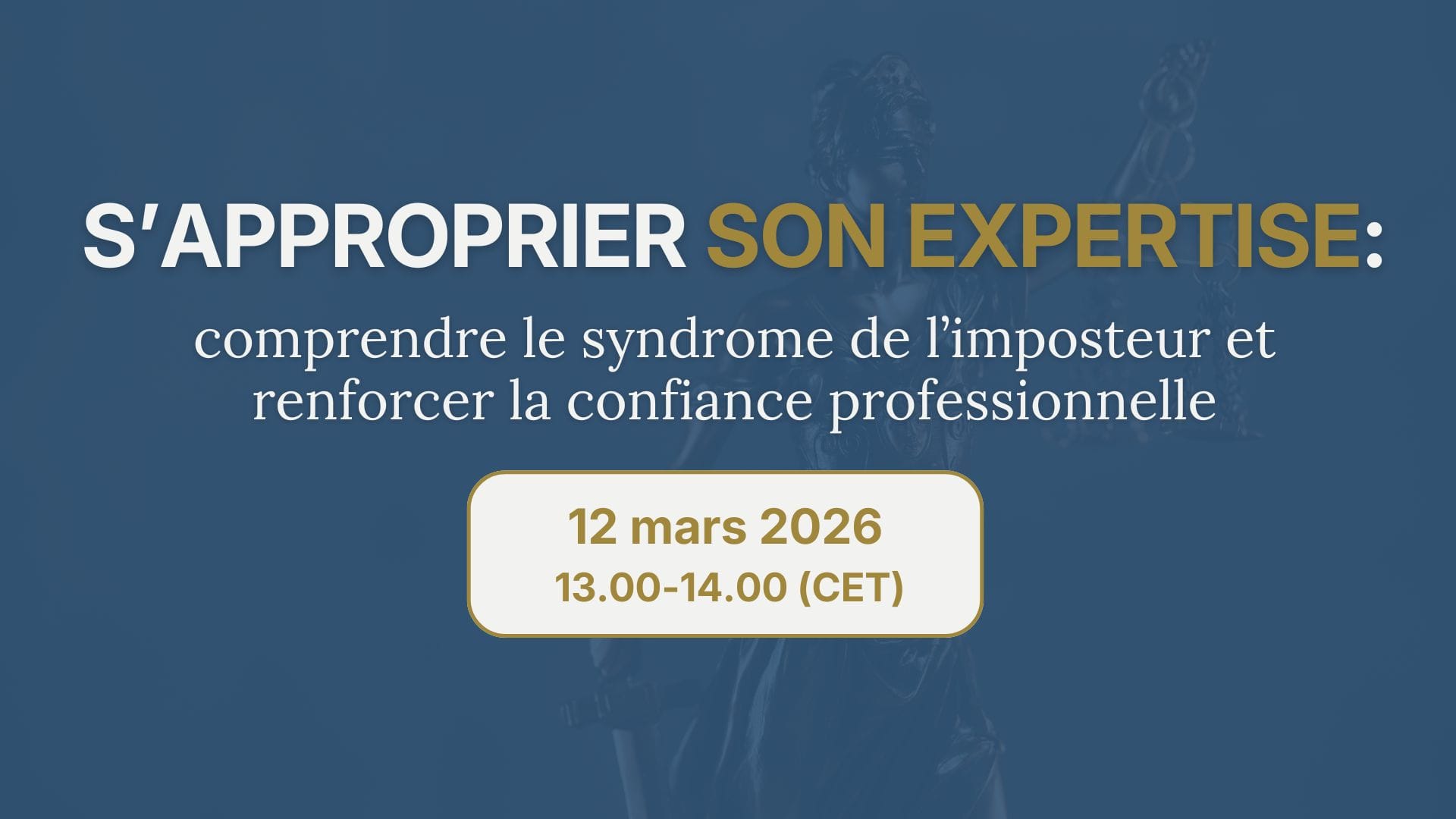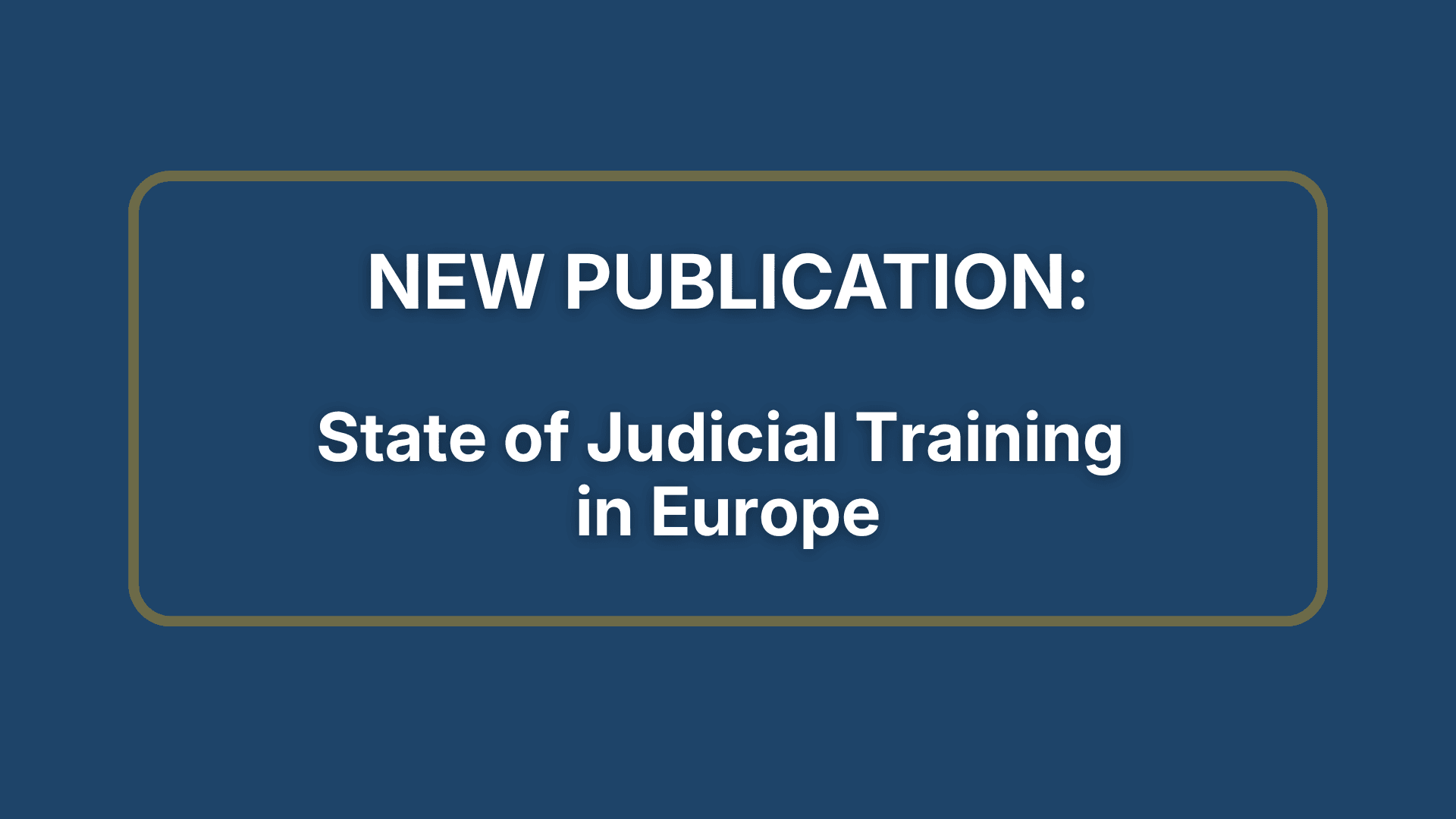Gathering together judges from across the European Union, the fourth edition of the Judges@Europe Forum took place on 21-23 May. Organised under the Polish Presidency of the Council of the European Union and hosted by the Siracusa International Institute for Criminal Justice and Human Rights, this unique forum provided participants a confidential space to share their insights and challenges.
This year’s theme, being a judge in the digital era, was addressed from a range of perspectives, including the increase in disinformation and misinformation, the freedom of expression of judges, judicial independence, digital evidence and alternative dispute resolution. The participants also explored the use of ICT tools and videoconferencing in judicial proceedings. The learning formats combined expert presentations and workshops.
The Judges@Europe Forum, organised for the first time in 2022 in response to the European Council Conclusions of March 2021 on strengthening the training of justice professionals, has established itself as one of the cornerstones of EJTN’s annual activities. This has been possible thanks to the dedication of EJTN Members and Partners. In addition to facilitating key discussions, the forum has generated important learning materials on the Rule of Law, including a publication on the good administration of justice in the digital era and a Rule of Law crash course in collaboration with the HELP Programme of the Council of Europe.
The EJTN Secretary General, Judge Ingrid Derveaux, highlighted in her closing speech:
“At the heart of the Judges@Europe Forum is the belief that judicial training is indispensable to ensure the Rule of Law. Judges must be competent and equipped to be able to apply the law. Training equips us to navigate the fine line between judicial independence and responsibility, ensuring that our justice systems remain accountable to the citizens we serve.”
“EJTN is committed to supporting the digital transition through appropriate judicial training and to equipping judges with the knowledge and know-how they need to fulfil their tasks. It is well known now that digitalisation comes with great opportunities, especially when it comes to the efficiency of justice. But it also comes with threats and challenges.”
“I want to thank all our partners, including the Court of Justice of the European Union which has been involved since the very beginning of this initiative. The CJEU plays a key role in upholding the Rule of Law in the EU, and its case law has had a remarkable impact on the situtation in Poland for example. The presence of Minister of Justice Adam Bodnar today is a testament of the efforts undertaken by our Polish colleagues to uphold the EU values.”
The event concluded on 23 May with a minute of silence in memory of Italian judge and prosecuting magistrate Giovanni Falcone, who lost his life in the fight to uphold the Rule of Law. In memory of Giovanni Falcone and Paolo Borsellino, this date is marked as the Day of Legality, which is a reminder of the continued importance of protecting justice. The tribute highlighted the role of new generations of judges in promoting judicial independence, resisting undue influence, and supporting efforts against organised crime, while remaining committed to the Rule of Law.
The Forum benefitted from the valuable contributions and expertise of our partners, including the General Court of the European Union, the Polish Ministry of Justice and the European Association of Judges for Mediation (GEMME). We are also grateful to the EJTN members the École nationale de la magistrature (France), the National Institute of Magistrates of Romania (NIM), the Academy of European Law (ERA) and the Judicial School of the Council of Judges of Spain, as well as the Siracusa International Institute for Criminal Justice and Human Rights. These institutions formed a strong collaborative network in support of the ad-hoc coordination group.
EJTN is also grateful for the invaluable financial support from the European Commission in organising this event.
EJTN wants to extend a special thank you to the Activity Coordinators and experts who joined the event, as well as the Siracusa International Institute for Criminal Justice and Human Rights:
Apostolos Anthimos, Attorney at Law, Thessaloniki Bar Association, Greece
Judit Bayer, Associate Professor of Media Law and International Law, Budapest Business School
Stylianos Bios, Judge, Seconded to the Ministry of Justice, Greece
Adam Bodnar, Minister of Justice, Poland
José Pablo Carrera Fernández, Senior Judge, Head of Area in the External and Institutional Relations Department, Judicial School of the Council of Judges of Spain
Thomas Cassuto, Magister, President of the Chamber, Court of Appeal of Reims
Ingrid Derveaux, Judge, Secretary General of the European Judicial Training Network
Meelis Eerik, Judge, First Instance Court of Civil and Criminal Matters, Estonia
Frank Fleerackers, Professor of Law, University of Leuven
Paola Giacalone, PhD Researcher, Vrije Universiteit Brussel
Krystyna Kowalik-Bańczyk, Judge, General Court of the European Union
Emmanuelle Laudic-Baron, Magistrate, Seconded to the École nationale de la magistrature (ENM), International Department
Delphine Legoherel, Magistrate seconded to the French Data Protection
Amelia Onisor, Judge, Trainer, Deputy Director of the National Institute of Magistrates, Romania
Jean-François Thony, President, Siracusa International Institute for Criminal Justice and Human Rights
Viktor Vadász, Former Judge, Convener of the EJTN Working Group Programmes, Director of Programmes, Academy of European Law (ERA)
To learn more about the Judges@Europe Forum, visit the initiative’s dedicated web page.
To stay updated on the latest from EJTN, follow us on LinkedIn.




